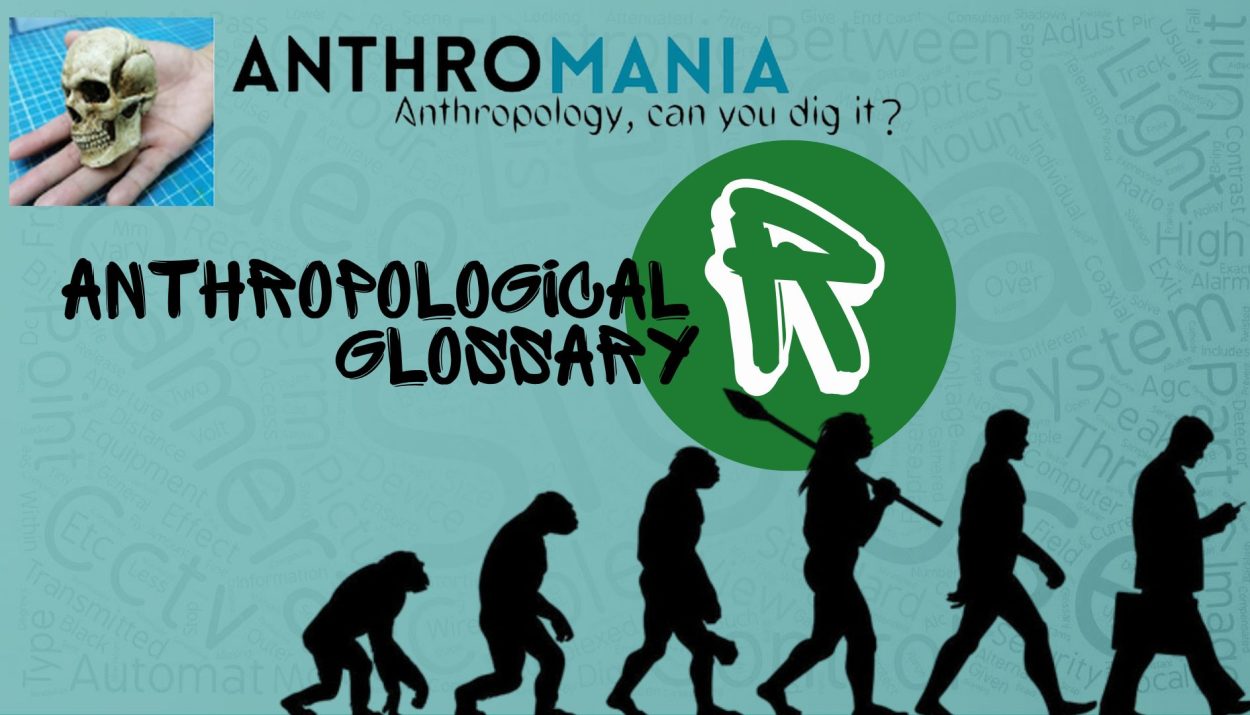Explore an Anthropological Glossary (Letter R) with definitions for key terms, including race, reciprocity, religion, resilience, and more. Enhance your understanding of anthropological concepts.
Race: A social concept used to categorize humans into distinct groups based on physical characteristics such as skin colour, hair type, and facial features.
Reciprocity: A fundamental principle of exchange in human societies, involving the giving and receiving of goods, services, or favours between individuals or groups. It can take various forms, such as generalized reciprocity, balanced reciprocity, and negative reciprocity.
Racism: The discrimination or prejudice against individuals or groups perceived as belonging to a particular race.
Reconciliation: A process of healing and reestablishing relationships between individuals or groups following conflicts, often with the aim of achieving peace and social stability.
Redistribution: An economic system in which goods or resources are collected and then distributed by a central authority, often for the benefit of the entire community. Redistribution is commonly found in chiefdoms and some forms of tribal societies.
Reflexivity: A self-awareness and self-critical approach within anthropology, where researchers acknowledge their own biases and influence on the study, and take these into account when interpreting and presenting their findings.
Refugees: Individuals who have been forced to leave their home country due to persecution, violence, conflict, or other threats to their safety or well-being. They seek protection and asylum in another country.
Reification: The process of treating an abstract concept, such as an idea, as if it were a concrete, tangible thing.
Religion: A complex set of beliefs and practices that address fundamental questions about the nature of existence, the universe, and the divine.
Religious Syncretism: The blending or merging of religious beliefs and practices from different cultural or religious traditions, resulting in a new, often hybrid, religious system.
Remittances: Funds that migrant workers send back to their home countries to support their families or communities.
Resilience: The ability of individuals or communities to adapt to and recover from challenges, such as environmental disasters or social disruptions.
Resource Curse: An economic phenomenon where countries rich in valuable natural resources, such as oil or minerals, experience economic instability and social problems, often due to mismanagement and corruption.
Revitalization Movement: A social or religious movement aimed at revitalizing or transforming a culture, often in response to external pressures or cultural erosion. These movements can lead to cultural and social change.
Rights-Based Approach: A perspective that emphasizes the importance of human rights in various aspects of social and political life, including development, humanitarian aid, and policy.
Risk Perception: The way individuals or societies perceive and assess various risks, including environmental, health, or social risks.
Rite of Inversion: A type of ritual where social norms and roles are temporarily reversed or inverted, providing a space for social commentary and critique. This can be a form of social release and cultural expression.
Rite of Passage: A culturally defined ceremony or ritual that marks the transition of an individual from one social status to another, such as from adolescence to adulthood. These rituals often involve symbolic acts and serve to reinforce cultural norms and values.
Ritual: A set of actions, often symbolic in nature, performed in a specific sequence and typically associated with religious, cultural, or social significance. Rituals can serve various purposes, such as marking life events or communicating with the spiritual world.
Ritual Artifacts: Objects, symbols, or items used in rituals and ceremonies, often imbued with cultural and spiritual significance.
Role Theory: A sociological and anthropological framework that examines the social roles individuals occupy within a society and how these roles influence their behaviour, interactions, and expectations.
Romanticization: The idealization or sentimental portrayal of a particular culture, tradition, or way of life, often by outsiders. It can distort understanding and impact intercultural relationships.
Rural-Urban Continuum: A concept that recognizes a spectrum of settlement patterns between purely rural and purely urban areas, acknowledging the coexistence of rural and urban characteristics in transitional zones.
Read- Folk-Urban continuum
